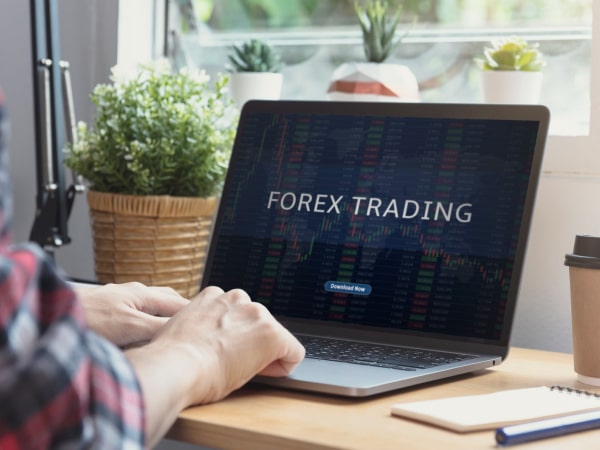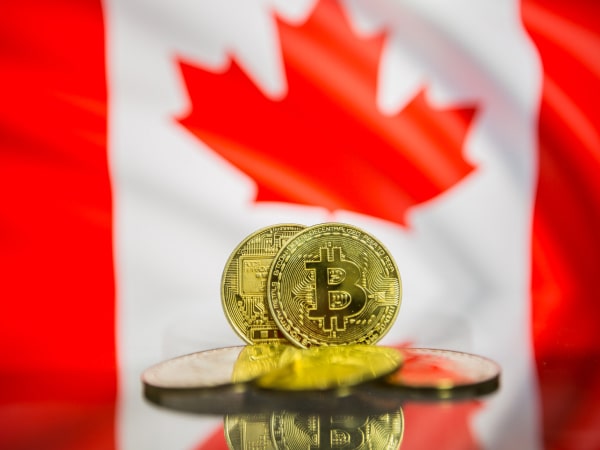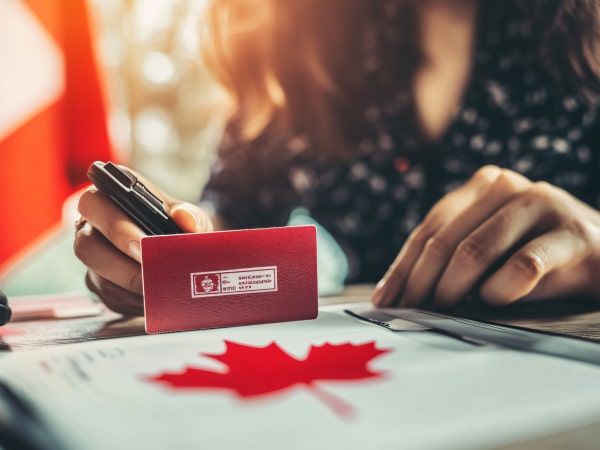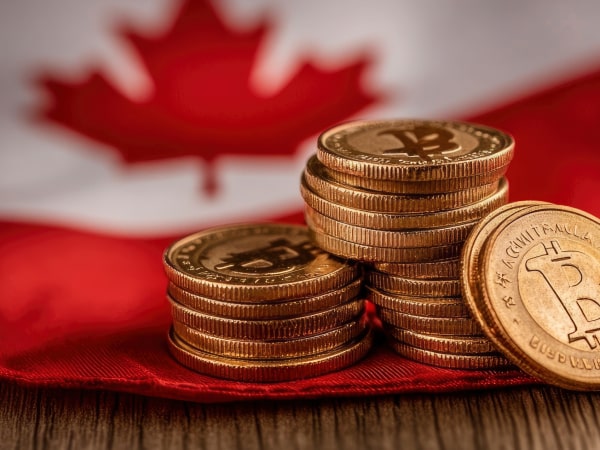Your first question regarding this topic could be: is forex trading legal in Europe? And our answer is definitely YES.
The MiFID II directive governs forex regulation in Europe, meaning that all EU member states are subject to the same set of laws and regulations. Many forex brokers in the EU get a license in Cyprus and then use it in other member states. This is perfectly legal. It’s important to highlight that each EU member state has its own laws. These laws may be more important than EU legislation in some cases.
If your brokerage company wants to get a forex brokerage license in Europe, Cyprus is the most common place to get one. After Cyprus, the next potential jurisdiction to consider is Malta, followed by Bulgaria.
Quickly select a jurisdiction and register your company anywhere in the world online

The Importance of Regulatory Standards in the European Forex Market
Europe has a mix of forex regulations. Each nation has its own local regulator. The European Commission oversees most of the continent with MiFID.
Even though they have their own financial regulator, some countries have adopted EU norms. As a result, their regulations are very similar. In addition, EU investment firms can offer dealer and brokerage services in any EU country. A licensed broker in Europe can move and work freely in any European nation, following the laws of their original license. All of this will be explained in the parts that follow.
The world’s biggest and most liquid market is the foreign exchange market or forex. The BIS research says it attracts many traders worldwide. It includes institutions and individuals. The trading volume is over USD 7 trillion daily. Due to its vast scale, global presence, and speculative character, it is susceptible to fraud and high dangers. This is the point at which regulation becomes necessary.
One cannot stress the importance of regulation. Regulation’s main goal is to make a safe and clear trading environment by enforcing rules on financial companies. Here are some areas where regulation is beneficial:
- Safeguarding investors. The regulation sets standards to protect investors from fraud and unfair practices, like deceptive advertising.
- Keeping things open. Regulated brokers and financial organizations must be transparent in all their activities. To trade foreign exchange, you need clear information about commissions, fees, pricing, leverage, and risks.
- Preserving the integrity of the market. Regulating forex prevents dishonest practices, misleading ads, and market manipulation. This contributes to maintaining the Forex market’s integrity.
- Encouraging a stable financial situation. Regulators make sure Forex brokers follow rules to keep the global financial system stable and fair. They watch what brokers do.
The European forex market is big and well-regulated, following the ideas of MiFID II. Each EU member state has the same laws and regulations. It is crucial to remember that every EU member state has its own rules and regulations, some of which may supplement or differ from EU law. Forex traders and brokers need to know the specific requirements and rules in each country or region. Some countries have stricter rules for reporting, more capital requirements, or lower leverage limits.
The operations of every forex broker in every EU nation are not governed by a single set of regulations. In order to ensure a secure and fair foreign exchange market, members can use local regulations. These specifications, however, have to adhere to MiFID II’s rules and goals. It was first presented in 2007 with the goal of giving investors’ clients the best possible protection.
Other rules, like ESMA, which governs the financial aspects of foreign exchange trading, are in addition to MiFID. These regulations apply to all EEA members, however, local licencing bodies like Malta or Cyprus also regulate FX brokers. Regulators in the UK influence EU FX brokers. After Brexit, other authorities still issue directives.
Other rules, like ESMA, which controls the financial aspects of foreign exchange trading, exist in addition to MiFID. These regulations apply to all EEA members, however, local licencing bodies like Malta or Cyprus also regulate FX brokers. Local authorities in the UK have also had a significant impact on EU FX brokers; however, even with Brexit, CYSEC, BAFIN, FINMA, and local authorities in other nations continue to issue directives.
All EU members are required to accept the Markets in Financial Instruments Directive, which is a set of uniform, common norms. It includes every kind of European investment company. Therefore, MiFID regulates both the Forex and CFD markets.
Transparency is the key goal of MiFID II in order to uphold the highest standards of security and fairness. Forex brokers in the European Union must provide clear activity reports. This specifically pertains to various derivatives as well as deliverable and non-deliverable forwards and swaps. FX brokers are also exempt from the need to write preliminary reports.
Need for a Forex license
Nowadays, most honest brokers get a license to show they can be trusted by clients. Financial authorities grant these licenses, conduct audits, monitor the broker’s operations, and ensure legality.
Forex brokers must have a license to operate legally and represent traders’ transactions on the interbank market.
You may do the following with this license:
- manage and oversee the funds and assets of your clients; offer any kind of investment services;
- increase earnings as a result of a low or no corporate tax;
- labour globally;
- give larger commission split percentages;
- acquire a license from reputable regulators like the FSP, CySEC, and MFSA to take control of the Forex market.

Forex license types
There are 5 types of Forex licenses (this classification is not official):
Level 1: Commodity Futures
Trading Commission, National Futures Association;
Level 2: Australian Securities and Investments Commission and UK Financial Services Authority;
Level 3: Malta Financial Services Authority and Cyprus Securities and Exchange Commission;
Level 4: Belize’s International Financial Services Commission and the British Virgin Islands Financial Services Commission;
Levels 5 and 6: All other offshore commissions.
Level 1 and Level 4 regulators differ in that Level 1 requires Forex brokers to keep reserve funds. These funds are separate from the ones held by traders and investors. Additionally, Level 1 regulators also require brokers to have a local, or physical, representative office. It takes twenty million dollars for the first layer and only one hundred thousand dollars for the second.
It can take up to a year to obtain a license, and there will be additional associated expenditures of $30–50,000. Furthermore, first-tier regulators want a $125,000 yearly membership fee.
Although the criteria of Level 3–4 regulators are less onerous, brokers must nevertheless maintain a local representative office, capital reserves, and annual membership fees in order to get and keep a license.
Regulators at levels 5 and 6 offer the easiest registration process, with no need for a local office.
How the Forex market is regulated
- verify that the broker complies with the license requirements;
- monitor compliance during trading and other transactions;
- revoke the license when the broker severely violates the regulations.
The main task of the regulator issuing a license is to prevent a situation where the broker is not able to fulfil its obligations to traders. The regulator helps traders and investors if there is a problem. They investigate complaints and inspect brokers. Regulators check the broker’s activities to find any problems with its license requirements.
If a broker is licensed by a local regulator in a specific territory or country, their authority is limited to residents of that area. For example, if a broker was licensed by the FCA (UK), the regulator controls the broker’s work only for citizens of the United Kingdom. Traders and investors from other countries cannot rely on being protected by this regulator.
Another important issue is that in some countries brokers are not required to have a license. Therefore, a broker can be registered as a legal entity providing some financial services and can work all over the world via the Internet. This, of course, does not mean that such a broker is unreliable or a fraud. It’s just that traders and investors have no guarantees when working with such a broker.

Regulators in the Forex market in Europe
FCA
CySEC
MFSA
Regulatory requirements for Forex in Europe
Legal requirements:
- Possess a minimum capital that is determined by the regulatory body in the selected jurisdiction and might vary greatly.
- Maintain technology infrastructure, equipment, and security measures in compliance with national legislation.
- Adopt thorough anti-money laundering and counterterrorism financing (AML/CFT) protocols, such as know your customer (KYC) and customer due diligence (DDD).
- To keep clients’ funds separate from operational funds, create separate bank accounts for each client.
- All important employees, including directors and owners, must meet requirements for honesty, skill, and financial stability.
Steps to obtain a forex license:
- Preparing the paperwork that the regulator demands.
- Payment of the annual license payments and/or the license application.
- Submitting an official application to the regulatory body together with the necessary paperwork.
- At the regulator’s request for a face-to-face meeting or further information.
Needed documents:
- Articles of Association
- A Memorandum of Association
- A detailed business plan that includes the planned operations, target market, finances, risk reduction strategies, and compliance procedures.
- A well-defined risk management strategy
- Copies of the passports belonging to the company’s directors, shareholders, and other important employees
- Evidence of residency for each director, shareholder, and other important employee
Directors’ resumes showcasing their backgrounds and experience in the currency sector - Certificates of no criminal record for shareholders, directors, and other important employees
- Documents pertaining to AML/CFT compliance that include a thorough explanation of the pertinent internal policies and procedures
How can we help?
The company’s legal team is knowledgeable on how to apply for forex licenses in numerous nations. Our professionals are always up to date on the most recent changes to the law.
Our vast global network of partners enables us to assist clients from around the world in this intricate and regulated sector.
We can help you in:
- Selecting a jurisdiction;
- The plan and structure of the business;
- Establishment of a company;
- Adherence to legal obligations;
- Adherence to regulations and risk mitigation;
- Licenses and solutions.













